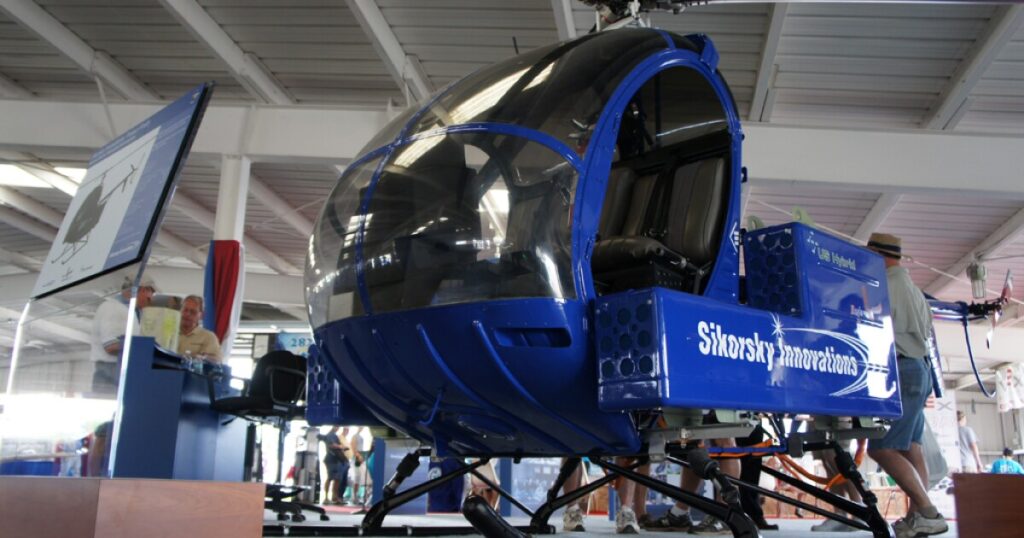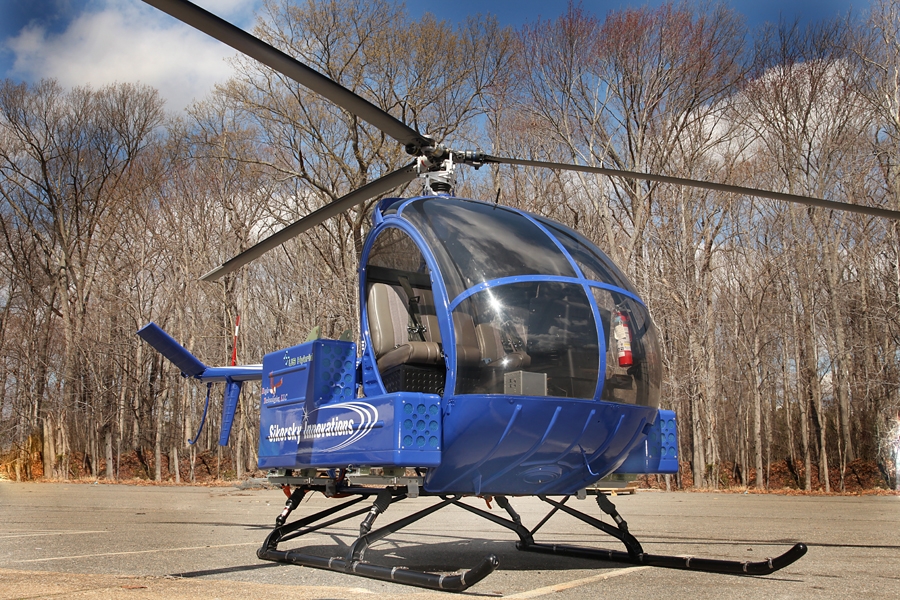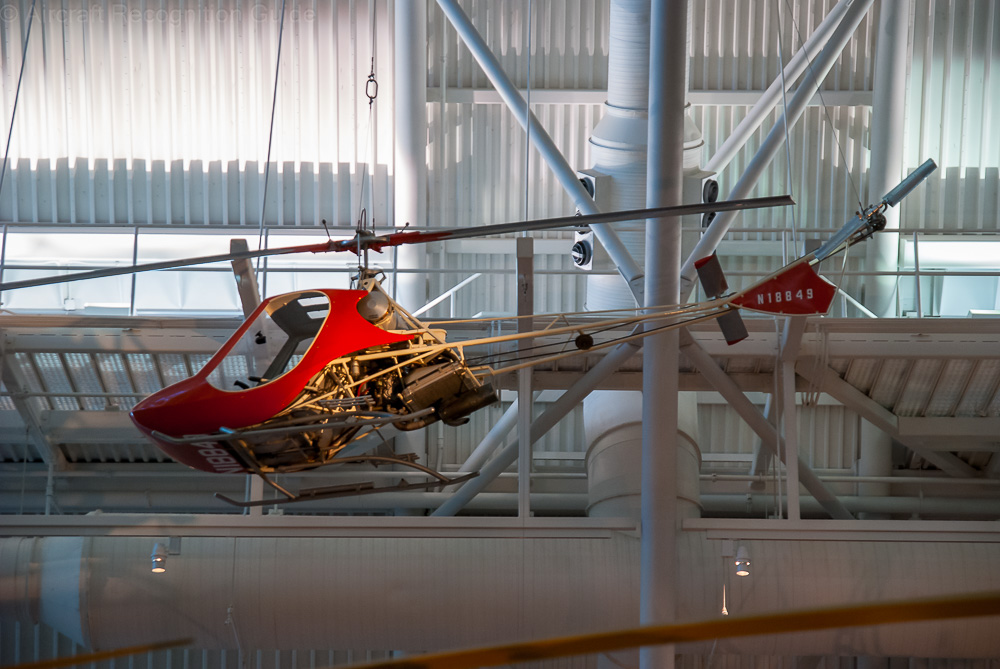Electric manned helicopter – I can’t help but marvel at the rapid evolution of technology, particularly in electric manned helicopters. The shift towards eco-friendly aviation has gained significant momentum in recent years, driven by a growing awareness of environmental issues and the urgent need to reduce carbon emissions.
Contents
Electric helicopters represent a groundbreaking advancement, combining the age-old fascination with flight and the modern imperative for sustainability.
This innovative approach not only promises to transform how we think about air travel but also offers a glimpse into a future where flying can coexist harmoniously with our planet. The emergence of electric manned helicopters is not merely a trend; it signifies a paradigm shift in the aviation industry.
With advancements in battery technology and electric propulsion systems, manufacturers are now able to design helicopters that are quieter, more efficient, and significantly less polluting than their traditional counterparts.
As I explore this fascinating development, I am struck by the potential these machines hold for urban air mobility, emergency services, and even tourism. The idea of soaring through the skies in a whisper-quiet helicopter, powered by clean energy, is not just a dream—it’s becoming a reality.

Advantages of Electric Helicopters for Manned Flights
One of the most compelling aspects of electric helicopters is their numerous advantages over conventional models. For starters, the reduction in noise pollution is a game-changer. As someone who has experienced the deafening roar of traditional helicopters, I can appreciate the peace that electric models bring to urban environments.
This quiet operation opens up new possibilities for flight in densely populated areas, allowing for air travel without disturbing the tranquility of city life. Furthermore, the lower operational costs associated with electric helicopters make them an attractive option for operators and passengers alike. In addition to noise reduction and cost efficiency, electric helicopters also boast impressive performance metrics.
With fewer moving parts than their gas-powered counterparts, these machines require less maintenance and offer greater reliability. The instant torque provided by electric motors allows for rapid acceleration and improved maneuverability, making them ideal for various applications, from medical evacuations to aerial photography.
As I consider these advantages, it becomes clear that electric helicopters are not just an alternative; they are a superior choice for many manned flight scenarios.
- UNPARALLELED COMFORT: The Bose A30 is a full-sized circumaural aviation headset with a lightweight design and 20% lower …
- PRECISION-FOCUSED NOISE CANCELLING MICROPHONE: The Bose A30’s microphone is engineered for aircraft with “hot mic” or PT…
- FAA TSO and EASA E/TSO-C139a CERTIFIED: The Bose A30’s robust design has passed 145 tests by the Bose engineering and qu…
The Future of Manned Electric Helicopter Technology
Looking ahead, the future of manned electric helicopter technology is brimming with potential. As battery technology continues to advance, we can expect longer flight times and greater ranges, which will further enhance the practicality of electric helicopters.
Innovations such as hybrid systems may also emerge, combining electric propulsion with traditional engines to extend operational capabilities while still prioritizing sustainability.
This evolution will undoubtedly open new avenues for exploration and application in various sectors. Moreover, as regulatory frameworks adapt to accommodate these new technologies, we may witness an increase in public acceptance and integration of electric helicopters into existing air traffic systems.
The prospect of urban air mobility solutions powered by electric helicopters is particularly exciting.
Imagine a future where commuting through the skies becomes as commonplace as taking a bus or train—this vision is becoming increasingly attainable as technology progresses. I find myself eagerly anticipating the day when electric helicopters become a staple in our transportation networks. For more information, you can access the PDF here.

Eco-Friendly Aviation: Electric Helicopters Leading the Way
In the broader context of eco-friendly aviation, electric helicopters are undoubtedly leading the charge towards a more sustainable future. Their ability to operate without emitting harmful pollutants positions them as a crucial component in the fight against climate change.
As I reflect on the environmental impact of traditional aviation, it becomes evident that transitioning to electric models is not just beneficial; it is essential for preserving our planet for future generations.
The commitment to sustainability extends beyond just reducing emissions; it encompasses the entire lifecycle of the aircraft. Manufacturers are increasingly focusing on using recyclable materials and sustainable practices in production processes.
This holistic approach ensures that electric helicopters contribute positively to both air quality and resource conservation. As I consider these developments, I am filled with hope that the aviation industry can evolve into a model of environmental responsibility.

Electric Helicopters: A Sustainable Solution for Manned Flights
Electric helicopters represent a sustainable solution that aligns perfectly with our collective goal of reducing our carbon footprint. Their design inherently promotes energy efficiency and minimizes waste, making them an ideal choice for environmentally conscious operators and passengers alike.
As I explore this topic further, I am struck by how these aircraft can serve as a bridge between technological advancement and ecological stewardship.
The potential applications for electric helicopters are vast and varied. From providing essential services in remote areas to enhancing urban transportation networks, their versatility is unmatched. As we continue to innovate and refine this technology, I am optimistic about the role electric helicopters will play in shaping a more sustainable future for aviation.
The prospect of flying in an aircraft that not only meets my travel needs but also respects the environment is incredibly appealing.
Exploring the Benefits of Manned Electric Helicopters in Aviation
As I delve deeper into the benefits of manned electric helicopters, it becomes clear that they offer more than just environmental advantages; they also enhance safety and accessibility in aviation.
The reduced mechanical complexity of electric systems translates to fewer points of failure, which can lead to safer flights overall.
Additionally, their quieter operation allows for operations in areas previously deemed unsuitable for traditional helicopters due to noise restrictions.
Accessibility is another critical benefit that cannot be overlooked. Electric helicopters have the potential to democratize air travel by making it more affordable and available to a broader audience. With lower operating costs and increased efficiency, we may soon see services that cater to everyday commuters or those needing quick access to remote locations.
This shift could revolutionize how we think about transportation and connectivity.

Conclusion
In conclusion, electric helicopters are poised to revolutionize manned flight as we know it, paving the way for a greener future in aviation. Their numerous advantages—from reduced noise pollution to lower operational costs—make them an attractive option for various applications across multiple sectors.
As I reflect on this transformative technology, I am filled with optimism about its potential to reshape our skies while prioritizing environmental sustainability.
The journey towards widespread adoption of electric helicopters may still have its challenges, but the momentum is undeniable.
With continued investment in research and development, coupled with supportive regulatory frameworks, we are on the brink of a new era in aviation—one where flying is not only efficient but also eco-friendly.
As we embrace this change, I am excited to witness how electric helicopters will redefine our relationship with flight and contribute to a healthier planet for generations to come.







Leave a Reply